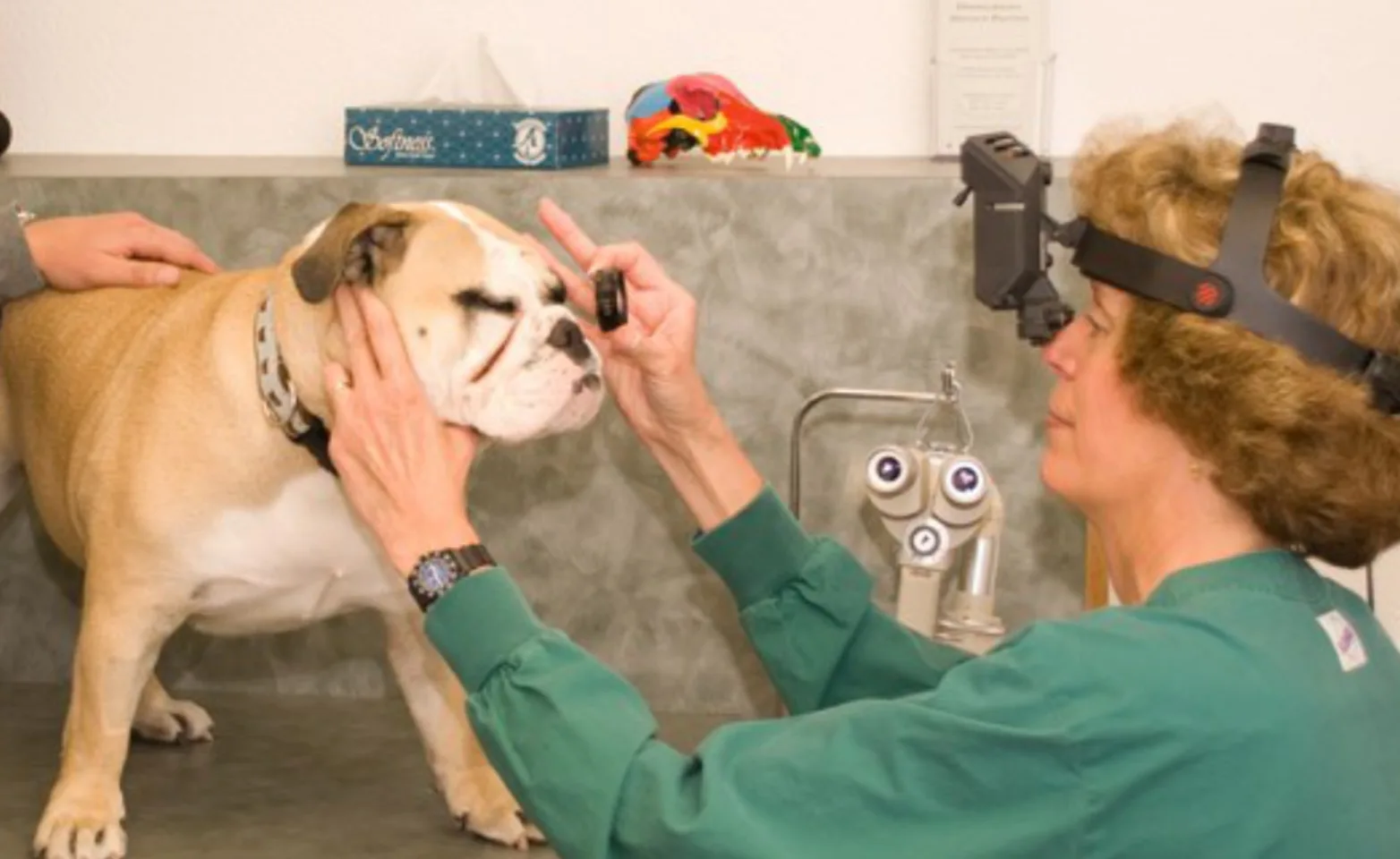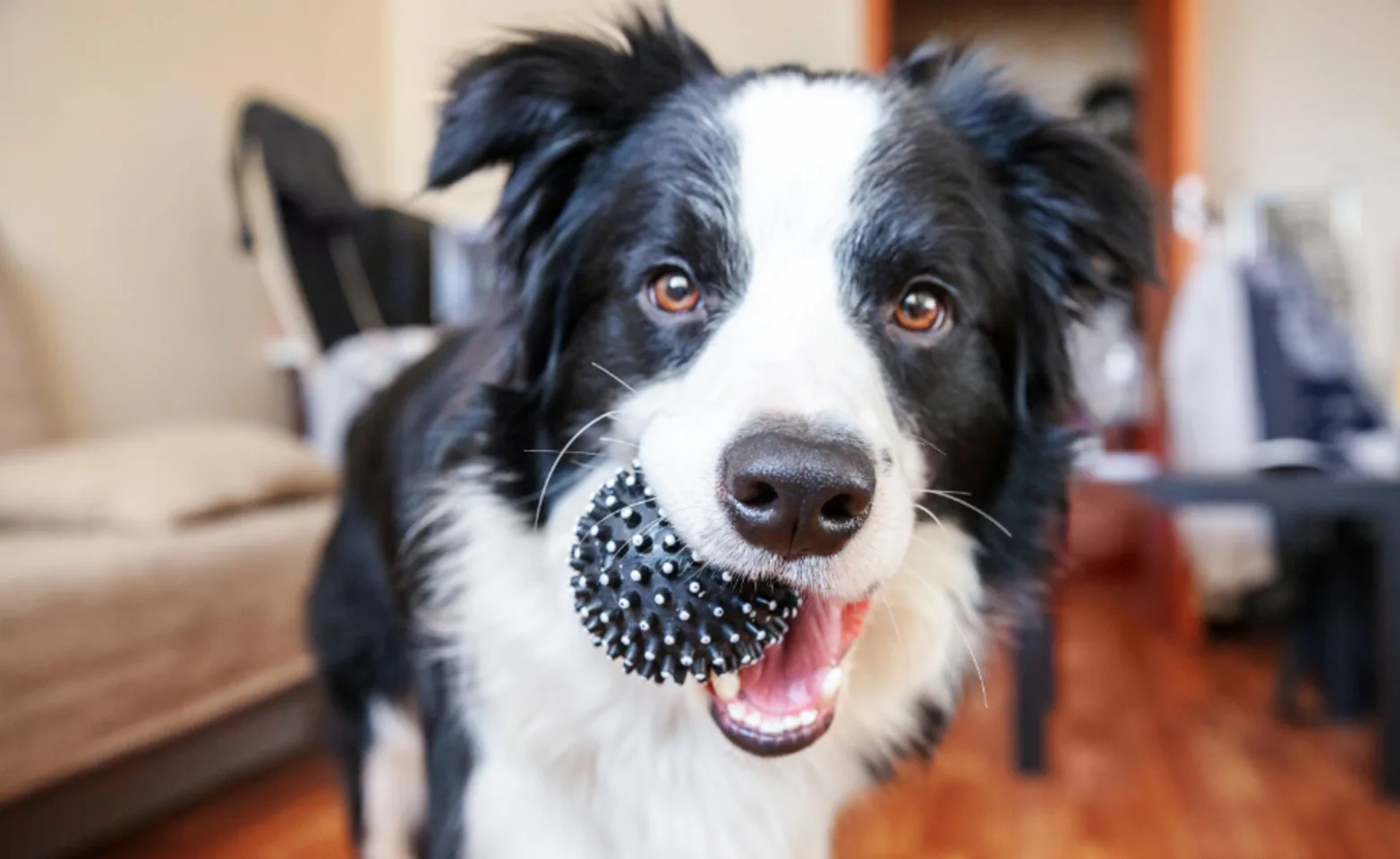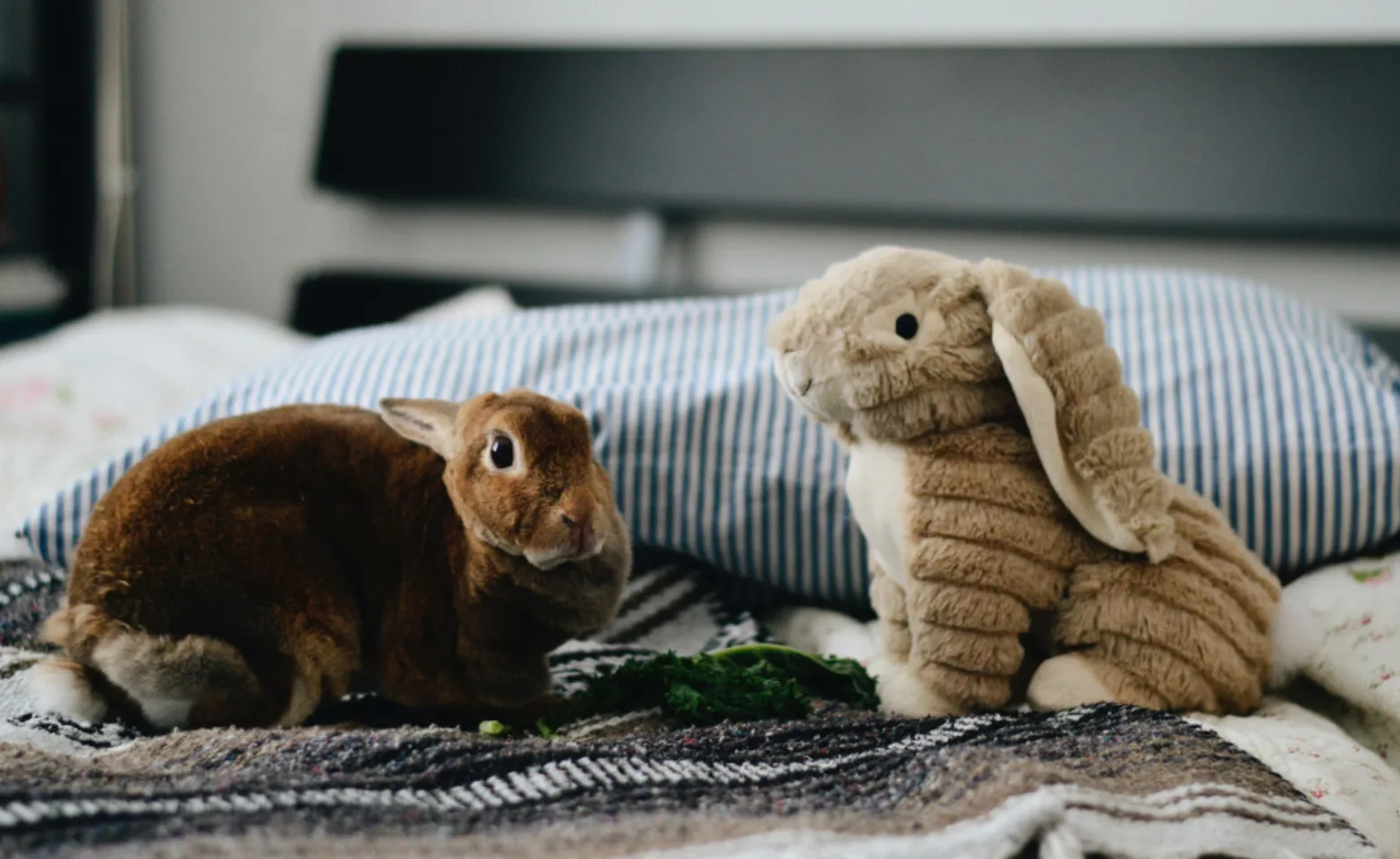Veterinary Vision Animal Eye Specialists

Who We Are

What is a Veterinary Ophthalmologist?
An ophthalmologist is a board-certified specialist in the diagnosis and treatment of conditions involving the eyes and associated structures. A veterinary ophthalmologist may treat animals of any species.
In order to become a veterinary ophthalmology specialist in the USA, an individual must fulfill all of the following:
become a licensed veterinarian
complete an ABVO-approved veterinary ophthalmology residency of 2-4 years in duration
pass a rigorous series of knowledge- and skill-based examinations in veterinary ophthalmology
become a member of the American College of Veterinary Ophthalmologists (ACVO)
Remaining an active member of the American College of Veterinary Ophthalmologists requires maintenance of certification by fulfilling continuing education requirements. The ophthalmologists at Veterinary Vision have met all of these requirements and join a prestigious group of around 500 individuals who are Diplomates of the ACVO.
Highly specialized equipment is used for examination of the eyes, including slit lamp biomicroscopy (photo at left), indirect ophthalmoscopy (photo at top of page), tonometry (photo at right), and various other modalities. The operating room is equipped to handle the very specific needs of eye surgery.

When does my pet need an eye exam?
Signs of sharp eye pain (squinting, rubbing at the eye, increased tearing)
Signs of dull pain, such as those seen in glaucoma, include depression, decreased exercise tolerance, and lethargy.
Change in appearance of the eye – cloudiness, redness, swelling, enlargement
Discharge from the eye, especially excessive quantity of clear tears or any yellow or green discharge
Changes in vision – hesitation when going downstairs, trouble finding the ball, bumping into objects, missing curbs, cautious behavior in dim light
Any of the above which occurs suddenly seems severe, or is associated with a known injury to the eye may be an emergency. If in doubt, call us for a daytime appointment Mon-Sat or see the instructions below for reaching a doctor for an after-hours emergency.

Pets We Serve
Veterinary Vision specializes in the care and treatment of animal eyes. Our animal eye clinic proudly serves pets of all kinds! Patients come to Veterinary Vision from all over the San Francisco Bay Area. While many pets are referred to us by their primary care veterinarians, our services are also available to pets whose care-takers locate us on their own. Most of our patients are dogs and cats. However, we will also examine most non-human animals; examples are included below.
Dogs and Cats
Rabbits, Birds
Pocket Pets, Reptiles, Horses
We provide consultation services with local zoos and wildlife rehabilitation centers and may even see farm animals on occasion.
Common Eye Diseases
Cataract - A clouding of the lens inside the eye; it is a common cause of blindness in dogs.
Progressive Retinal Atrophy - An inherited degeneration of the photoreceptors (rods and cones) in the retina.
Glaucoma - A condition associated with damaging elevated pressure within the eye.
Dry Eye - A condition in which the tear glands are unable to provide adequate moisture to protect the eye.
Entropion - A painful “rolling in” of the eyelids so that eyelashes and fur contact and damage the cornea.
Corneal Ulcer - An abrasion of the clear surface of the eye; often painful; may be caused by trauma.
Cherry Eye - A prolapse of the tear gland associated with the third eyelid.
Herpesvirus - A viral infection of the cornea and conjunctiva in cats; may or may not be associated with symptoms of an upper respiratory infection.
Indications for Referral to an Ophthalmologist
Symptom - Possible Cause
Loss of Vision - Cataracts, glaucoma, retinal degeneration or retinal detachment
Ocular Discharge - Dry eye, allergies, infections, tear drainage problems
Ocular Pain - Injury, corneal ulcer, foreign body, eyelid abnormalities, glaucoma
Change in Appearance - Cataracts, inflammation, tumors
Eye Exam Time
Signs of sharp eye pain (squinting, rubbing at the eye, increased tearing)
Signs of dull pain, such as seen in glaucoma, include depression, decreased exercise tolerance, and lethargy.
Change in appearance of the eye – cloudiness, redness, swelling, enlargement
Discharge from the eye, especially the excessive quantity of clear tears or any yellow or green discharge
Changes in vision – hesitation when going downstairs, trouble finding the ball, bumping into objects, missing curbs, cautious behavior in dim light
Any of the above which occurs suddenly, seems severe, or is associated with a known injury to the eye may be an emergency. If in doubt, call us (650) 551-1115 for a daytime appointment Mon-Sat or see the instructions for reaching a doctor for an after-hours emergency.
History of Veterinary Vision
1991 - Established by Dr. Cynthia Cook (now retired) and was originally located in San Mateo, California
1997 - Dr. Albert Mughannam joined the practice, the same year that a second office was opened in San Francisco
2000 - Dr. Gwen Lynch joined the practice
2006 - Veterinary Vision moved from San Mateo to a new, state of the art facility in San Carlos.
2009 - A new San Francisco office opened
2018 - Dr. Katie Freeman joined the practice
2021 - Dr. Louise O’Leary joined the practice
2022 - Joined the NVA-Compassion-First family of hospitals.
